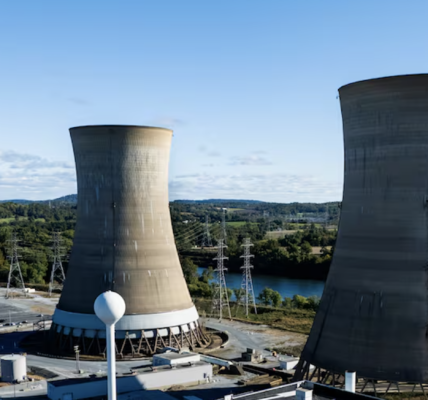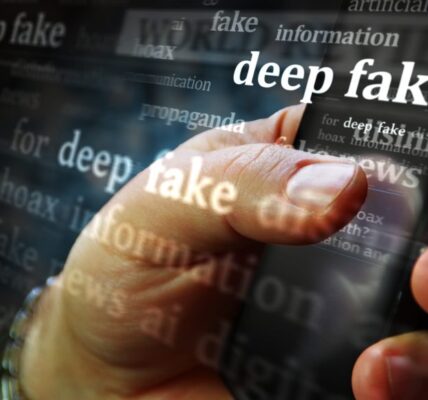In 2024, the global political stage is buzzing with anticipation as national elections are either concluded, scheduled or expected in a staggering 64 countries, including the European Union. This collective represents nearly half of the world’s population, making it the busiest election year on record.
Amidst this unprecedented electoral frenzy, a looming force threatens the core of democratic processes—deepfake technology. As elections approach in powerhouse nations like the United States, India, and Russia, the stakes for electoral integrity have never been higher.
Enter the National Security News (NSN) project, ‘Deepfakin’ Democracy,’ aiming to unravel the impact of deepfake technology on political campaigns.
Democracy hinges on trust, transparency, and informed decisions, yet the digital age introduces challenges with the ascent of AI and deepfake technology. Join us on this journey as Deepfakin’ Democracy actively engages in sharing insights through articles, dispelling misinformation, hosting webinars, and various initiatives to enhance public understanding of AI-generated content in political campaigns.
Stay tuned as we navigate the complex landscape of technology and democracy, striving to unveil the truth amidst the whirlwind of political dynamics in 2024.
What You Need to Know:
- Deepfakes are convincingly altered images or recordings, often created using artificial intelligence (AI) to misrepresent individuals, making them appear to say or do things they never did.
- Originating in 2017 with manipulated celebrity porn clips on platforms like Reddit, deepfakes have since evolved into a powerful tool for misinformation, posing a significant threat in political contexts.
- Unskilled individuals can now create deepfakes using just a handful of photos. This accessibility heightens the risk of fake videos being disseminated widely.
- Shallowfakes, or cheapfakes, are media altered using basic editing tools, lacking the sophistication of advanced AI. These alterations can deceive viewers when presented out of context or with simple editing tools.
Why Should You Care?
- Deepfake technology contributes to the erosion of trust in information. Living in a world where truth becomes elusive impacts our ability to make informed decisions.
- As deepfake production becomes easier, a zero-trust society emerges, making it challenging to distinguish between reality and deception.
- Deepfakes operate in a legal grey area with no specific regulations, emphasising the importance of being aware and vigilant in recognising deepfakes and manipulation tactics.

































































































































































































































































































